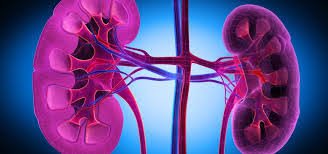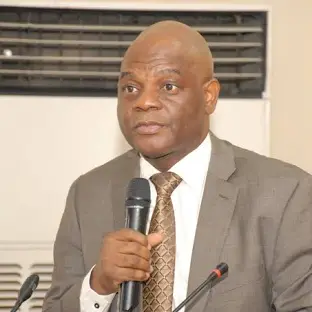The CEO of Pinnacle Oil, Robert Dickerman, has disclosed that the administration of President Bola Tinubu is still using about a trillion gallons of petrol per month, worth one trillion naira.
Dickerman who disclosed this while participating in a panel discussion at the sixth session of the Nigeria and Downstream Forum held at the just concluded Nigeria International Energy Summit (NIES) in Abuja, said the payment of the subsidy affected the budget and could encourage smuggling countryside and low prices.
Reports on February 12 indicate that the International Monetary Fund has called on President Tinubu to ensure a total end to fuel and electricity subsidies despite the dire economic situation of the country.
The global lending institution, which hinted in a February report titled “IMF Board Decides to Follow Nigeria’s Economic Review”, disclosed that even as President Tinubu announced the removal of fuel subsidies on May 29, the administration has curbed retail sales of fuel and electricity prices, which partially reversed the removal of the fuel subsidy.
Fuel and electricity subsidies are expensive, they do not reach those most in need of government support, and they must be stopped altogether, the IMF recommended. In a report on IMF collaboration.
Dickerman, noted that there is still a significant subsidy that encourages affordable prices and possibly fuel smuggling to nearby countries.
He said, “Nigeria has a long history of allocating resources to oil and gas production at the expense of most other economic and social programmes. To balance this, he says, there is a long-term policy of reducing consumer incomes with palliative measures such as fuel and food subsidies.
“But one of the net effects of oil money is underinvestment in local production, manufacturing, and other value-added activities that can generate foreign exchange through export, he explained. “Significant investments have also been made to maintain and improve existing infrastructure such as electricity, roads, health, water, waste management, education and financial infrastructure such as consumer credit.
“As a result, we have a huge negative trade deficit, excluding oil and liquefied natural gas, and our banks do not have enough capital to support significant new capital programs and lending, he noted. Because of the old monetary policy and complicated currency exchange, we really need foreign investment.
“This is reality. So the best policy in this time of crisis is the national policy to change our economic legislation to accommodate and encourage foreign direct investment. He added:
“Foreign investors, foreign lenders, and national DFIs have made it clear what they want to see through a conservative fiscal policy, anti-corruption, enabling competitive markets and policy, regulation and enforcement capacity to ensure market justice. In this context. , I would like to note that PMS support is still huge, although the FX part of the PMS price, is not the global price in dollars. As a result of this subsidy, the price of petrol in Nigeria is the lowest in Africa, which encourages smuggling which further devalues Nigeria.
“Smuggling makes Nigeria support neighboring countries even when our economy is struggling. The cost hurts all federal and state budgets because essential programs cannot be funded to pay for this subsidy. It is currently calculated to be about 1 trillion Naira per month.
In addition, the absence of gas line-producing refineries would result in the supply of gasoline when the subsidy expires. All deliveries come from international markets where only market price sold.
However, Dickerman pointed out that there is no competition in bulk shipping, adding that only the state-owned Nigerian National Petroleum Company Limited (NNPCL) can import. Wholesale and retail prices determine their subsidized costs and who gets a quote. Without a competitive market, foreign investors will not want to invest in this sector in Nigeria.
“The solution to this problem seems obvious, even when we acknowledge the daily struggle of most citizens and businesses with declining purchasing power, high inflation, high interest costs and high unemployment. Short-term relief has never solved long-term problems in any country in history. We need long-term solutions.”



